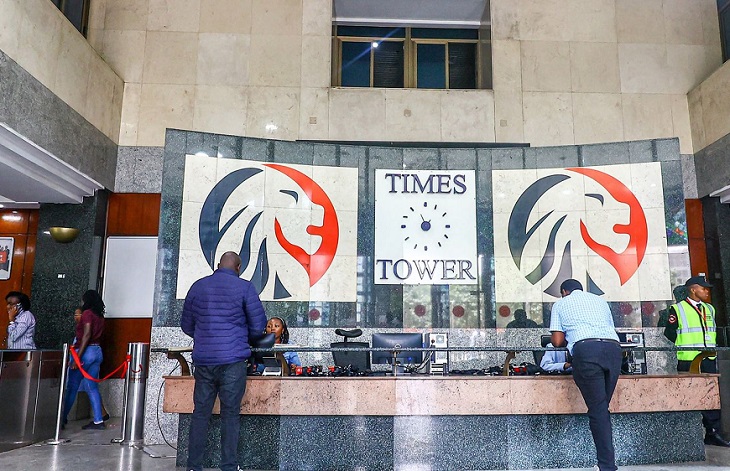Kenya must urgently implement financial system reforms to strengthen its economic resilience and global credibility, a report on anti-financial crime has recommended.
A Post-Summit Report on the Inaugural Kenya Anti-Financial Crime Summit, organised by Nairobi-based Flywheel Advisory and the Financial Reporting Centre (FRC), recommends these reforms as necessary for securing the country’s removal from the Financial Action Task Force (FATF) Grey List.
The recommendations follow the Inaugural Kenya Anti-Financial Crime Summit which took place in Nairobi, October 2025 where 150 participants, including industry experts, regulators, the judiciary, law enforcement, financial institutions, and Designated Non-Financial Businesses and Professions (DNFBPs) discussed the implications of Kenya’s Greylisting, legacy challenges, and strategies for safeguarding the nation’s financial system.
Part of the recommended reforms includes harmonising regulatory approaches to virtual assets and closing the associated legislative and supervisory gaps. Kenya does not regulate virtual assets such as cryptocurrencies and virtual asset service providers (VASPs), and this lack of oversight was identified as one of the contributing factors to the country’s placement on the FATF Grey List in February 2024.
“We should fast-track regulations on virtual assets such as cryptocurrencies and virtual asset service providers because a lack of guidelines creates loopholes for money laundering and terrorism financing. Additionally, the lack of regulations makes recovery of virtual assets challenging,” said Flywheel Advisory Founder and Executive Director Grace Mburu while launching the report.
The anonymity/pseudonymity, potential for rapid cross-border transactions, and fragmented regulatory landscape are factors making virtual assets such as cryptocurrencies and VASPs such as crypto exchanges, popular avenues for processing illicit funds.
The report also highlights public-private partnerships for information sharing and investigations as another key collaborative strategy in combating financial crimes. These partnerships should extend across international borders.
The report further recommended using data analytics and technology including solutions like blockchain analytics and transaction monitoring tools and exploring the potential of central bank digital currencies (CBDCs) as a regulated alternative. These tools should balance Financial Crime Compliance needs and data protection.
Kenya was placed on the FATF Grey List in February 2024 after an evaluation of the country’s AML/CFT framework found weaknesses and non-compliance with global standards and recommendations for combating money laundering and related financial crimes.
One of the immediate consequences of Grey Listing on an economy is the potential for slowed Foreign Direct Investments (FDI) inflows because companies may review business terms with Grey-Listed countries.
Related Content: Kenyan Banks Are Missing A Major Consumer Need













